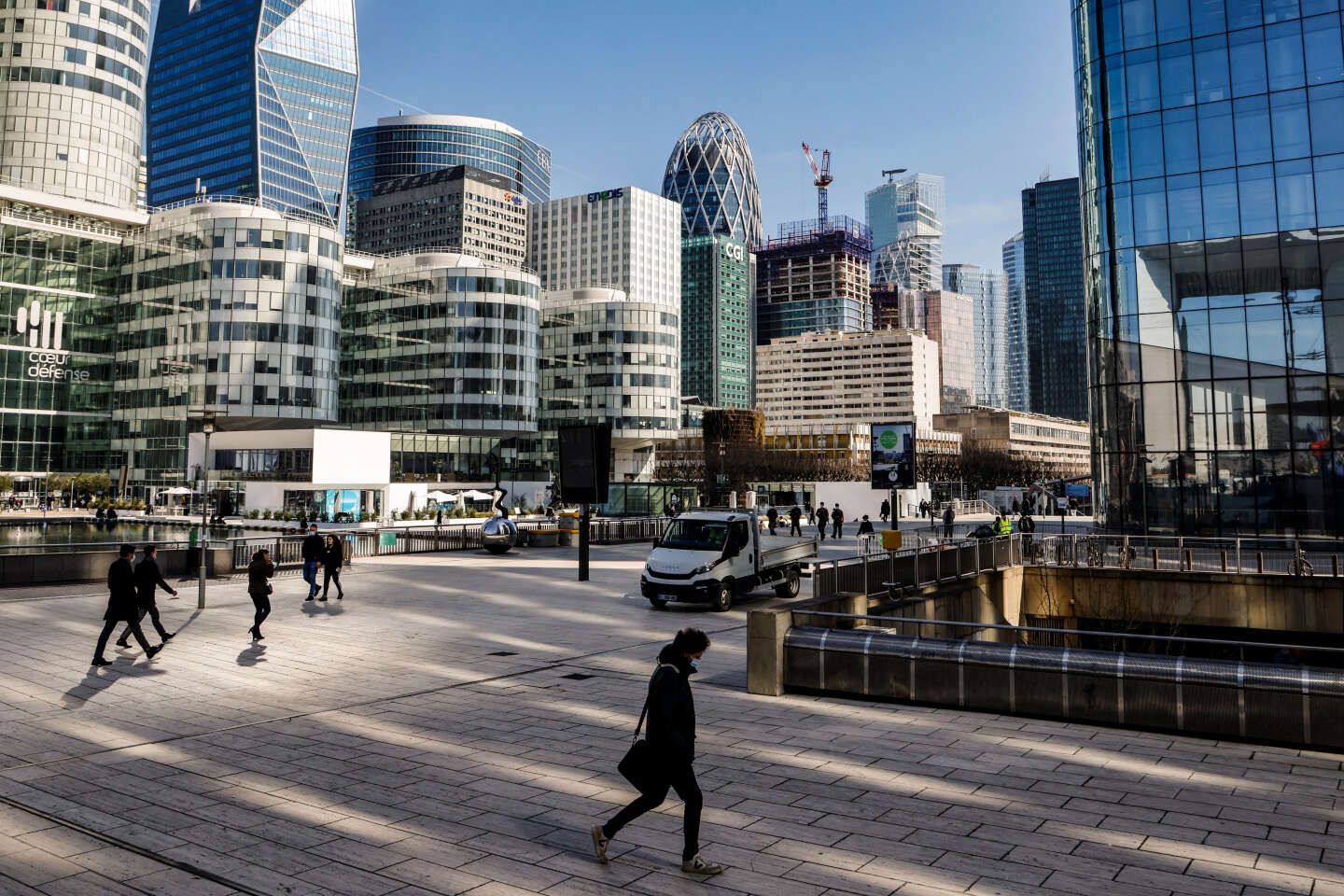


Three years after the UK's effective exit from the European Union (EU), the Paris financial center has become the "leading post-Brexit continental financial center," boasted Governor of the Banque de France François Villeroy de Galhau on January 9. But this success is only a first step: the day before, the Minister of the Economy, Bruno Le Maire, had announced his intention to present a bill in the spring on France's "financial attractiveness" in order to, according to Bercy, "consolidate this positive dynamic" – in other words, riding the wave unleashed by Brexit to attract even more jobs, more business and, above all, additional, long-term investment flows.
Since 2021, the Paris financial center has attracted more than 5,500 banking and finance jobs from London, and the majority of the major English-speaking banks have chosen to establish their eurozone market bases in Paris. "It's not spectacular compared with what London still is, but it is spectacular compared with what Paris was," summed up Stéphane Boujnah, the CEO of Euronext, a stock exchange operator.
The first tangible consequence of this is a strengthening of France's status as a net exporter of financial services: its financial surplus reached almost €5 billion euros in 2023 – almost double its 2019 level.
Compared to Frankfurt, Dublin and Amsterdam, who were positioned to claim a good share of the post-Brexit transfers, Paris benefited from a number of solid assets: its dense transportation network, the quality of its educational facilities and a concentration, to a degree that is rare in Europe, of national and international public decision-making centers (such as the European Banking Authority) and the headquarters of major private groups.
The financial sector is also highlighting the reforms adopted in France in 2015 to improve the country's image and the conditions under which businesses operate, whether in terms of tax relief, administrative simplification or relaxation of the labor code – not to mention the rejuvenated image, since 2017, created by an openly probusiness president, the organizer of the Choose France summits at Versailles for executives from multinational companies.
"Impatriates"
And yet, for the promoters of France's attractiveness, there is still much to be done. "We've done the obvious; now we're tackling the hard part, to strengthen financial attractiveness over the long term," warned Charles Rodwell, an MP (Renaissance) for Yvelines, who submitted a report in December 2023 to the government on, first and foremost, industrial attractiveness, but also financial attractiveness.
You have 55% of this article left to read. The rest is for subscribers only.
